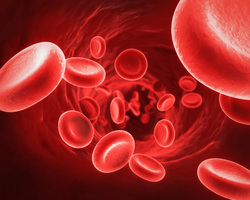
© Copyright 2016 Storma Sire
During a Crisis / Painful Episode / Attack
No one other than another person with Sickle Cell knows the pain of a Sickle Cell crisis. The pain can be unimaginable, so don't underestimate your symptoms and pain. It is vital to be proactive right away at the first signs of a crisis. Here are some suggestions:
No one other than another person with Sickle Cell knows the pain of a Sickle Cell crisis. The pain can be unimaginable, so don't underestimate your symptoms and pain. It is vital to be proactive right away at the first signs of a crisis. Here are some suggestions:
- Make sure pain medication is taken regularly. Talk to your doctor about a pain management program and medication schedule.
- Don't forget to breathe. Sometimes we clench up when we are in pain. This depletes the cells of oxygen which can be counterproductive.
- For some, a painful crisis can have a kind of contraction where the pain levels go up and down. During the down cycles see if a very gentle massage may help. If it is making the pain worse, then stop; if it make you feel better it may help with circulation.
- Make sure someone knows you are not well. Set up an emergency plan with someone, just in case.
- Stay calm. Listen to relaxing music, watch a movie or listen to an audio book while the painful episode runs its course. Rest when you can.
- Go to emergency if the pain is too much too bear. Have wallet, keys, health care card, emergency phone numbers, cell phone, medications, snacks, water bottle, iPod, book, etc ready to go with you. Let someone know where you are.
- See if it is possible to call ahead to the hospital before you go in, so the hospital can prepare themselves.